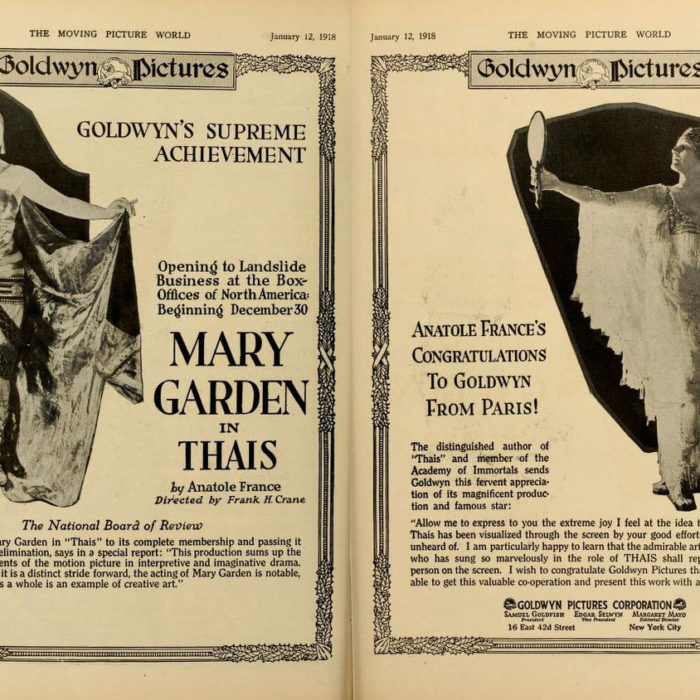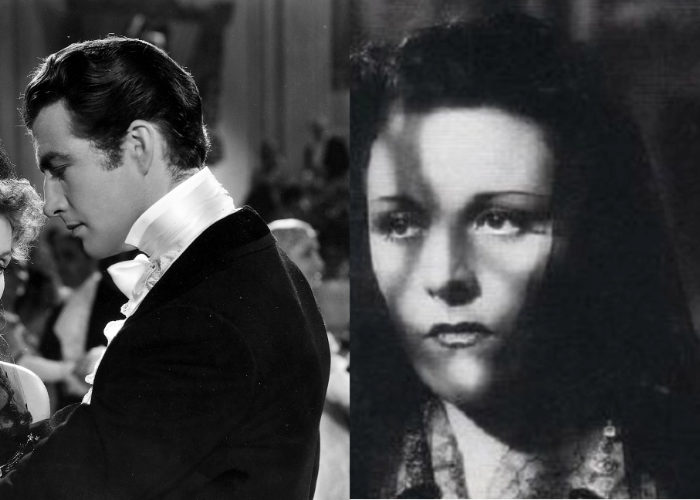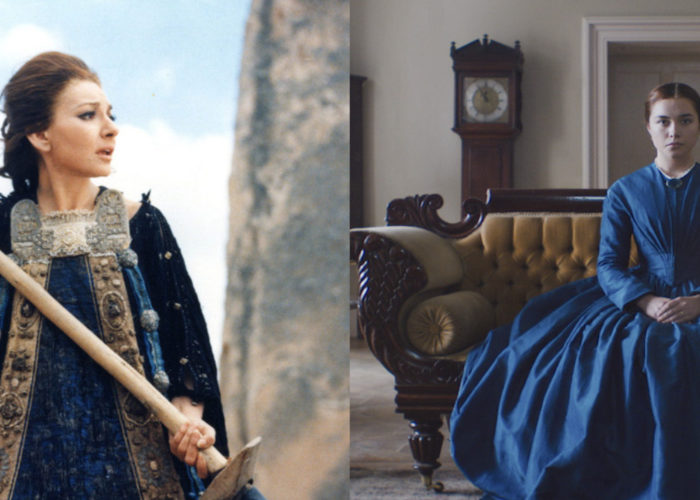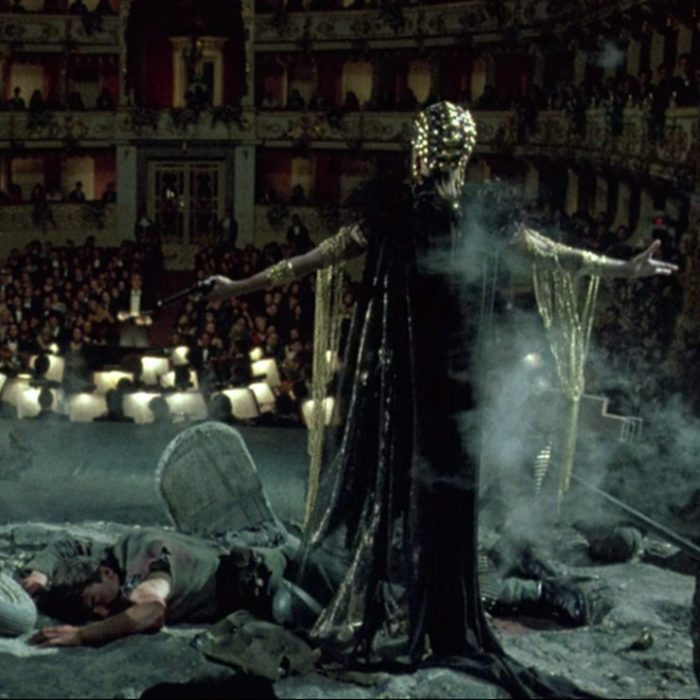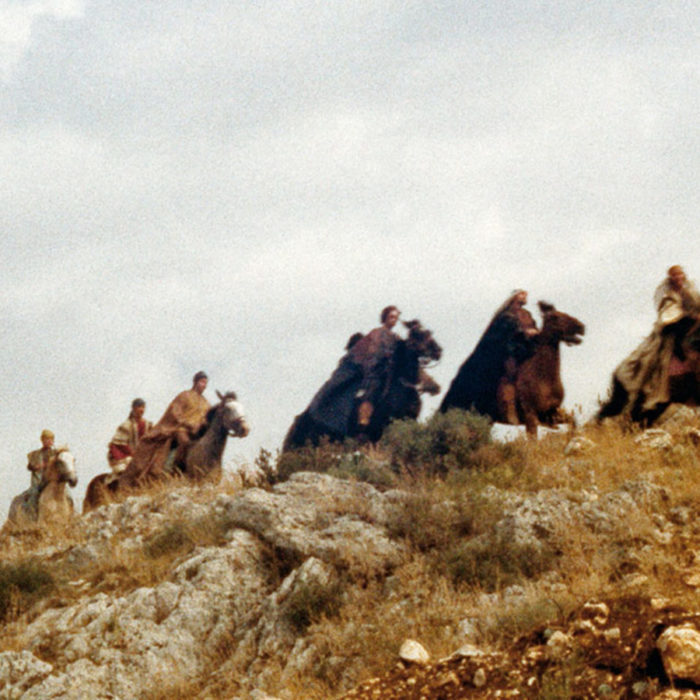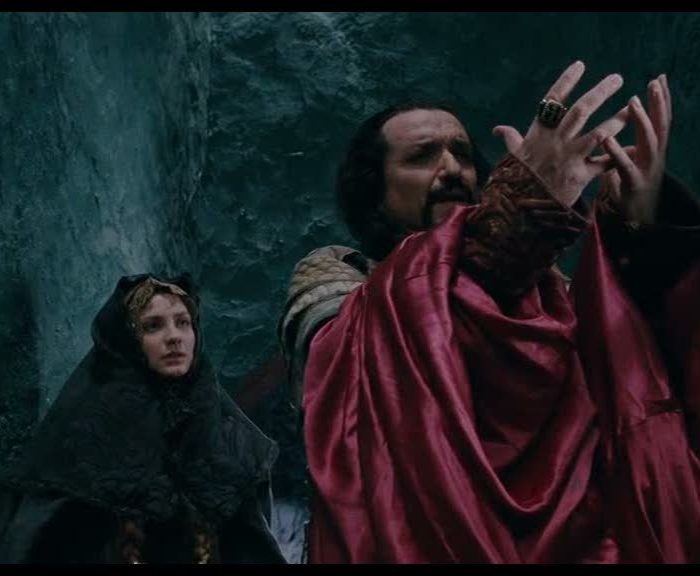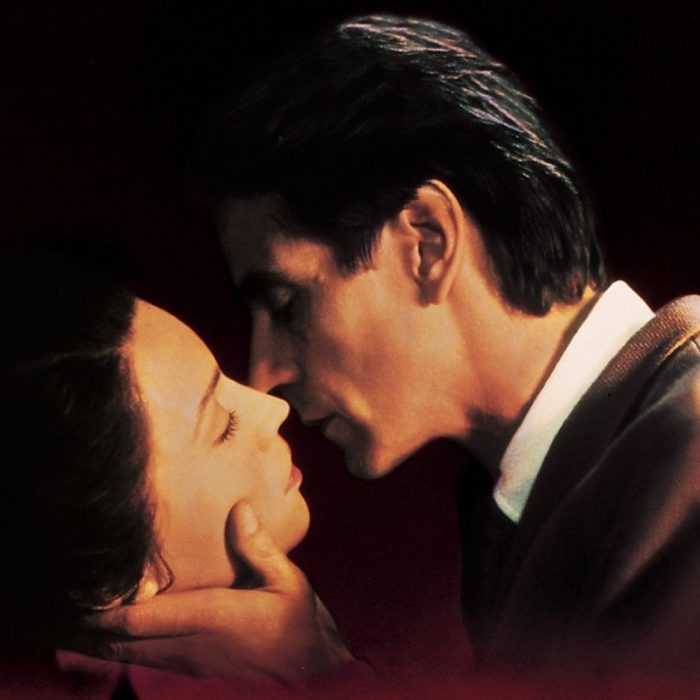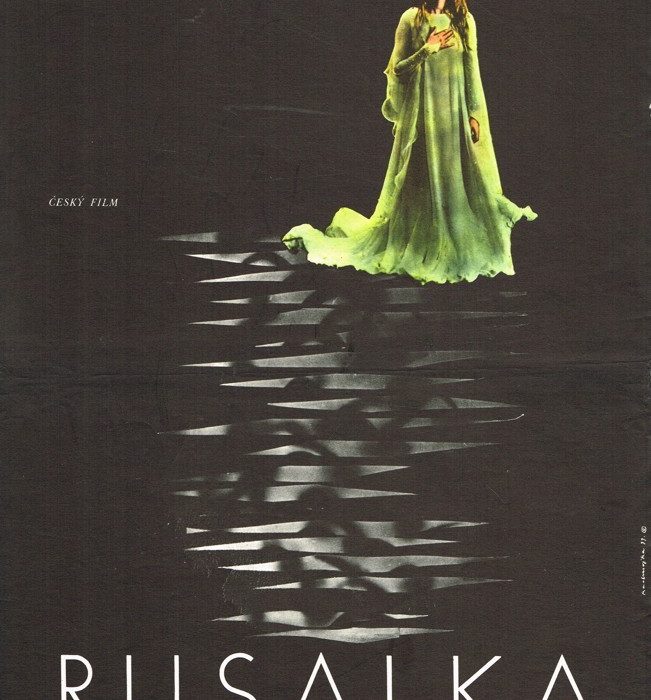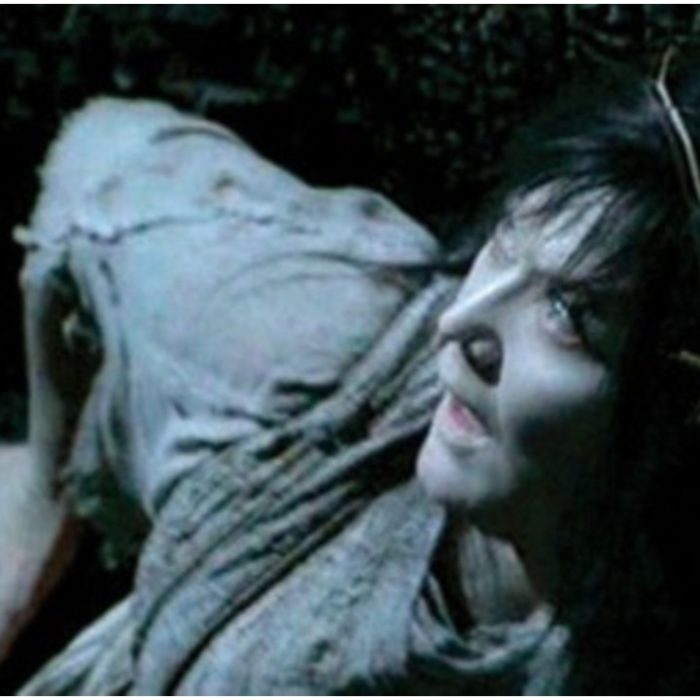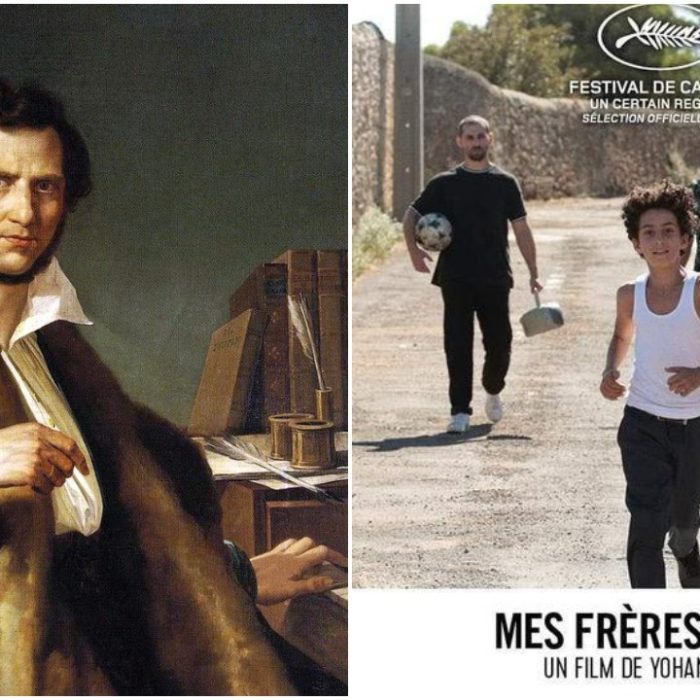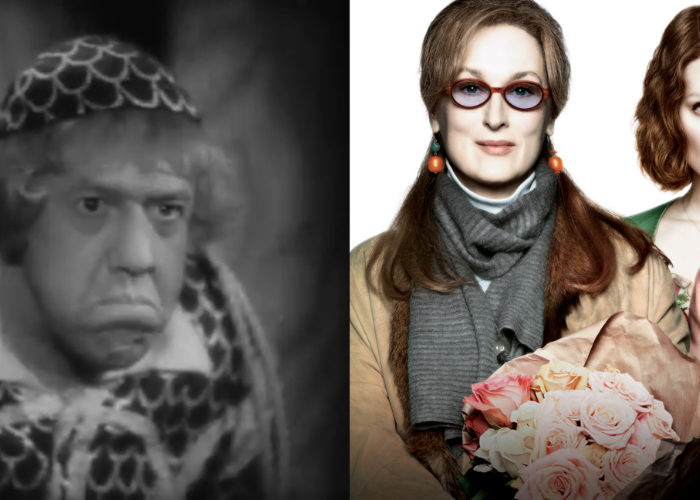
Watch These Films Before Seeing the Metropolitan Opera’s ‘The Hours’ & ‘Rigoletto’
November at the Metropolitan Opera will showcase three new operas productions. Audiences will see “Don Carlo” starring tenor Russell Thomas, “Rigoletto,” and the world premiere production of “The Hours” starring Renee Fleming and Joyce DiDonato. In the third article of the series, we will look at two of those operas and their corresponding silver screen adaptations. The Hours Modern operas {…}
